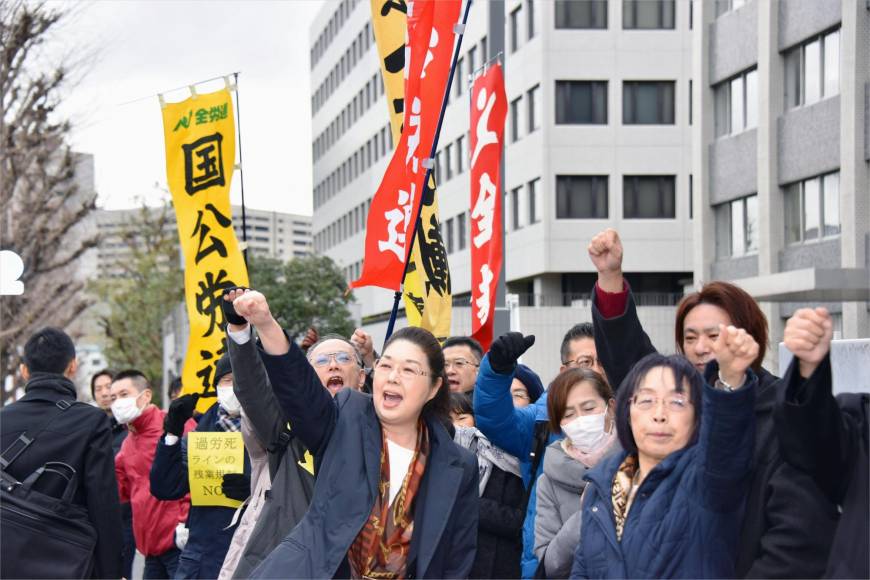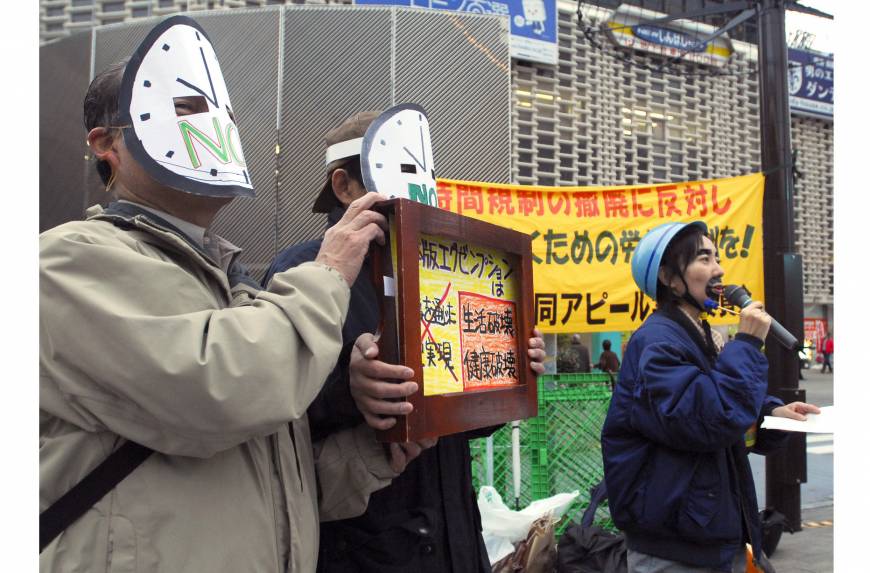It’s midnight at the convenience store I often patronize near my home in Tokyo’s central Shinjuku district. The store’s open all day and night, 365 days a year.
There is one man I’ve seen quite a bit of lately — behind the counter, stocking shelves, carrying heavy boxes, cleaning, cooking food, ringing up purchases, barristering, giving out raffle tickets, and always using polite, respectful Japanese, from irasshaimase (welcome) to arigato gozaimasu (thank you very much).
Once, he ran down the street after my husband, who had just left the store. It wasn’t because this customer had shoplifted. God forbid. No, his addled brain had simply forgotten to collect the change (about ¥40), and this superclerk thought it right to leave his post and bolt down the street to hand it to him.




